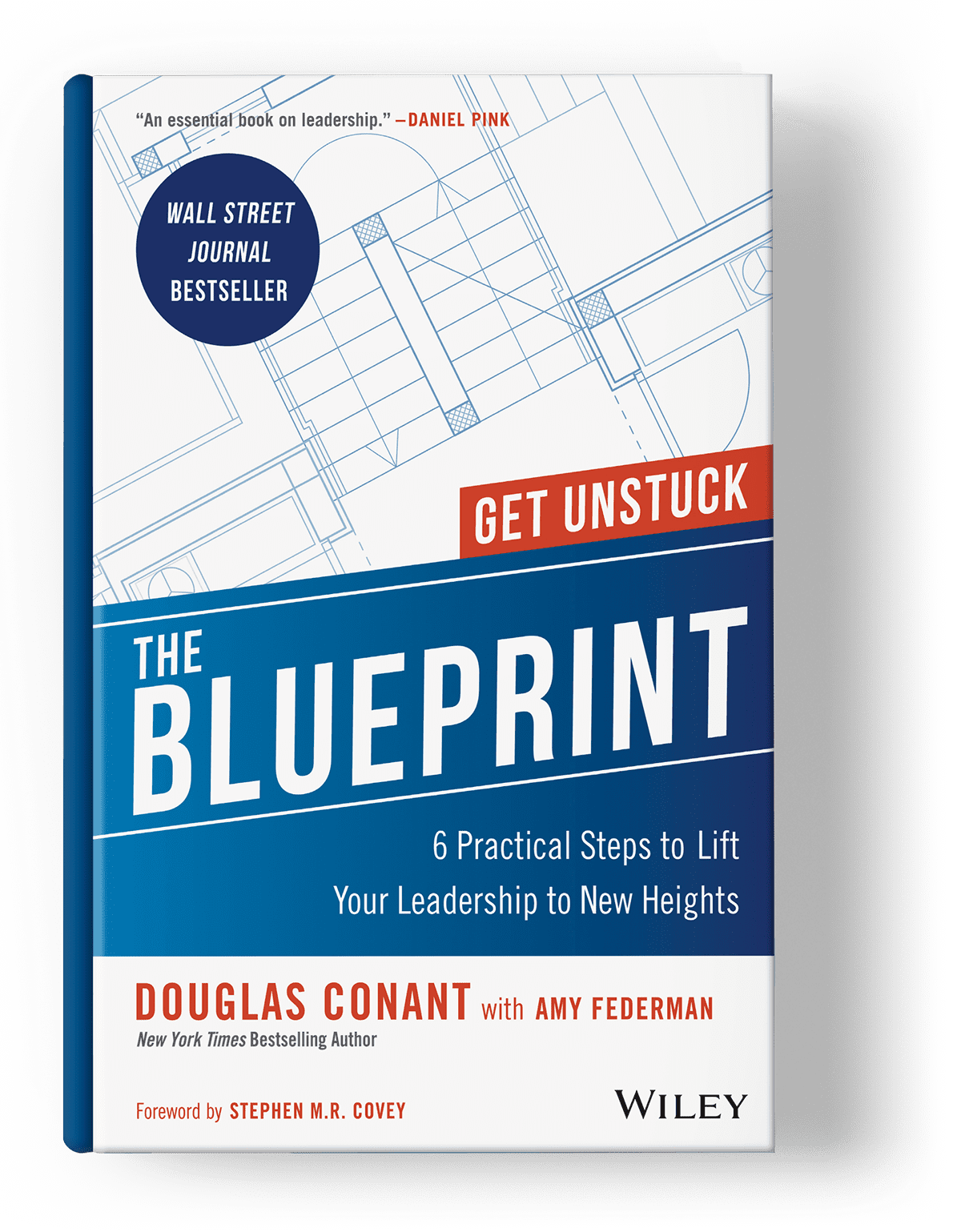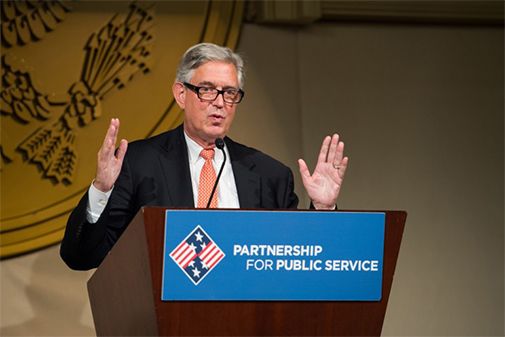What makes some people succeed and others fail? Why do some people who possess enormous talent, or superior intellect, sometimes fall short of reaching their goals while others who are more unassuming and (seemingly) average manage to achieve great feats? It’s a question that has persistently intrigued researchers, leaders, psychologists, and authors. As humans, we’ve long hungered to understand what is the best indicator, or predictor, of success. Angela Duckworth, Professor of Psychology at the University of Pennsylvania and Founder and Scientific Director of the Character Lab may have figured it out. She says that the most essential ingredient is grit. In her book, Grit: The Power of Passion and Perseverance, she illustrates how grit matters just as much, if not more, than talent and luck to achieving extraordinary things.
What is grit? Duckworth defines it as, “passion and perseverance for long-term goals.” But that’s not all. To build grit, you need to have an “ultimate concern,” which is a supreme goal that is so meaningful that it provides structure and discipline to everything you do. This is aligned with our observations and study about what makes for successful leadership. The best leaders can stay the course in the face of adversity and are motivated by goals larger than themselves; they have clarity and determination and are also extremely adaptable: When a roadblock arises, rather than quitting or amending the goal, they nimbly find a new approach to reaching their destination.
Grit can be learned and built.
Are you gritty? You can see how you rank on Duckworth’s “grit scale” by taking a quick, 10-question assessment on her website here. But regardless of your score, grit is something that can be learned and built. Developing your grit and strengthening your resolve can only improve your leadership. In fact, a commitment to cultivating grit might just mean the difference between remaining the same or achieving breakthrough towards your goals. How to build leadership grit? Here are 2 crucial ways—
1. Define Your Purpose.
If you already know that you love leadership, then you’re ahead of the game on the “passion” part of the grit equation. A deep and abiding affection for your craft is important to building leadership grit. But it’s not enough. Plenty of passionate leaders fizzle out or fail to inspire high-performance from their associates. To add perseverance to your passion, you need a crystal clear purpose that guides your every action. Just as Duckworth says an “ultimate concern” can help grit-seekers organize their behavior—purpose helps leaders in the same way. In fact, clarifying a higher purpose is so integral to effective leadership that we placed it in the center rings of our ConantLeadership Flywheel, our high-impact model for transforming individuals and organizations. Purpose governs your leadership, tethers the work to shared meaning, and ensures you continue on the right path in the face of adversity.
So how do you connect with your purpose? Presumably, you already know the “what” that drives you: leadership. But defining your purpose requires that you answer the messier question of “why”—why do you want to lead? Knowing the answer to this question is mission critical for leaders.
Why do you want to lead?
If you already find meaning in your work, that’s good, but it’s still only part of what you need to truly develop the necessary grit to propel you the extra mile in your endeavors. Knowing why you want to lead provides a profound well of energy to draw upon, a reservoir of vitality much deeper than just finding meaning in your work. For example, say you are marketing latex gloves. You may find meaning in the fact that you are helping prevent the spread of infectious diseases. But that doesn’t necessarily mean you will find the work personally fulfilling. Consider this distinction:
Meaning is a matter of context—of understanding how your work adds value to someone, somewhere.
Purpose, in contrast, is deeply personal. It is about finding your place in the larger scheme of things; it is about being thoroughly obsessed with what you do; it is about being so energized by your calling that you feel, viscerally, in your pores, “This is what I was meant to do!”
If you don’t know where to start to define your purpose, look to the other leaders who inspire you. Think of at least three leaders from any area of your life or time period—it could be a boss, sure—but also a teacher, parent, celebrity, a great leader from history, a colleague, or even a friend. List 5 characteristics about each of them that you admire. Maybe it’s their nerves of steel, or their top-notch listening skills, or the way they deftly bridge the gap between being tough-minded on standards and tender-hearted with people. Maybe it’s just their grace under pressure or sense of humor. Try to find what matters to you about them, then use that information to work to deduce what matters to you. It is an eye-opening exercise!
Your purpose is a part of you.
Your purpose, your calling, is the most personal and precious part of your leadership journey. It is a part of you. It is worthwhile to take the time to figure out what it is. And once you’ve defined your purpose, you are well on your way to building better leadership grit. Your purpose will always be there to push you forward. Even when times are extremely tough. Even when you want, desperately, to quit—you won’t. Our Founder, Doug Conant, defines his purpose as: “to help build world-class organizations that defy the critics and thrive in the face of adversity.” This purpose brings him more fulfillment in his daily life and helps him to keep going. No matter what. That’s the power of grit in action.
2. Pursue Deliberate Practice.
So you’ve strengthened your character and resolve by defining your purpose. Now, you’ve got to be competent. To be gritty, you’ve got to be obsessed with getting better. Always. Sheer talent isn’t enough. There are talented people everywhere; it’s not in short supply. You may have a real knack for leading teams or crunching numbers or selling software. But talent can only get you so far. In Geoff Colvin’s must-read book, Talent is Overrated, his research leads him to the same conclusion as Duckworth: Innate ability and experience alone do not guarantee excellence. What really makes the difference between average and extraordinary is hard work done in the right way. Not rote repetition but deliberate practice. This means adapting your entire approach to improving; it requires a highly disciplined effort that starts with identifying specific areas for growth and pursuing them relentlessly. It means working through discomfort, and persevering when every part of you wants to throw in the towel. This kind of practice is hard. To stick with it, it helps to be deeply passionate about the craft you’re pursuing (just like Duckworth says—you need passion and perseverance). But if you’re “all in” on leading, this process will help you to achieve breakthrough and build leadership grit, and it’s what separates better from best.
What really makes the difference between average and extraordinary is hard work done in the right way.
So how do you start? To get the benefits of deliberate practice you must begin from a place of humility and fierce resolve. In another grit-focused book, by Jim Collins, Good to Great, he identifies these as the two essential traits leaders need to steer organizations from average to extraordinary. Not humility or fierce resolve. It’s got to be both. This means you acknowledge the areas that need attention (humility) and are hell-bent on doing whatever is required to achieve that growth (fierce resolve). You can use the same principle to build grit.
First, humbly identify areas for improvement. What things do you avoid? What do people tell you needs work? Which parts of your job feel uncomfortable? Get feedback. Do some serious reflection, identify the major areas you want to work on, and make an action plan. If you’re serious about building leadership grit, you’ll withstand the blows to your ego that can sometimes accompany raw feedback.
Which parts of your job feel uncomfortable?
Second, and possibly more importantly, take stock of your strengths and thoughtfully work to build on them to continuously improve your performance profile. (A great resource to help you in identifying your talents is the book, Now, Discover Your Strengths, authored by Marcus Buckingham and Donald O. Clifton.)
Then, resolve to address each development area with deliberate practice. Put time to practice on your calendar. Hold yourself accountable to it: It’s a meeting with yourself, and it’s just as important as any other commitment. Some people think time spent on their own development is indulgent or “selfish”—but the more you practice, the better you will get at leading, the more helpful you can be to others, and the more skillfully you can respect their time in your interactions.
If leading is your passion, all that’s preventing you from being great is a little more grit. To build leadership grit, commit to defining your purpose and practicing in the right way. (And it won’t hurt to read the 4 great books referenced in this post for further learning). It won’t be easy, but it will be worth it. Forge ahead, and get gritty.
(Photo via Free Images under this license).






0 Comments